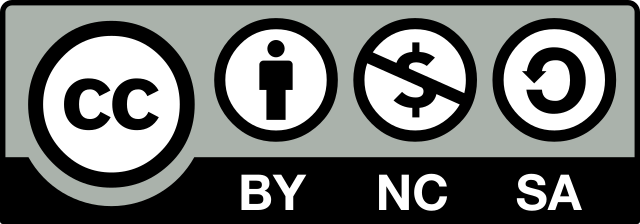Subject Area
Toxicology
Article Type
Original Study
Abstract
Objective: To study hepatic affection in acute poisoned cases as regarding socio-demographic patterns, clinical manifestations, investigations, outcome and poisoning severity score (PSS). Background: Hepatic affection is a frequent cause of morbidity and mortality in acute poisoning which may need treatment in the intensive care unit. Methods: It is a prospective study that was done at the Menoufia poison control center (MPCC) over one year from the 1st of June 2019 to the 31th May 2020. All acute poisoned cases with hepatic affection admitted to MPCC were studied. The socio-demographic , clinical data and investigations were collected to each patient in a designed clinical toxicological sheet. The studied cases were classified according to the poisoning severity score (PSS). Results: The study included 46 patients. The most common age of cases was (≤ 18) years (47.8%) and males overnumbered females (71.7% and 28.3% respectively). The majority of cases were from rural areas (82.6%). About two third of cases were workers (63%). Regarding (PSS); 47.8% of cases were of moderate grade. Hydrogen cyanamide (Dormex) and pesticides were the most prominent causative agents (58.7% and 21.7% respectively). Skin contamination represented (54.3%). There was a highly significant relation between the mode of exposure and each (sex, residence, and type of poison). Hydrogen cyanamide Dormex was the poison caused the highest level of Alanine Aminotransferase (ALT) and Aspartate Aminotransferase (AST). The mortality rate constituted 4.3% of cases. Conclusion: Hepatic affection in acute poisoned cases can occur with a lot of poisons mostly with hydrogen cyanamide (Dormex) and pesticides. Children were commonly affected. Therefore it is recommended to conduct educational programs in rural areas and restrict the availability of dormex and pesticides.
Recommended Citation
SA, Hammad; MM, Hegazy; RA, Aboshreif; and SE, Al agamy
(2023)
"Hepatic Affection in Acute Poisoned Cases admitted at menoufia poison control center over one year,"
Menoufia Medical Journal: Vol. 36:
Iss.
3, Article 14.
DOI: https://doi.org/10.59204/2314-6788.1025

 Attribution-NonCommercial-ShareAlike 4.0 International (CC BY-NC-SA 4.0)
Attribution-NonCommercial-ShareAlike 4.0 International (CC BY-NC-SA 4.0)



